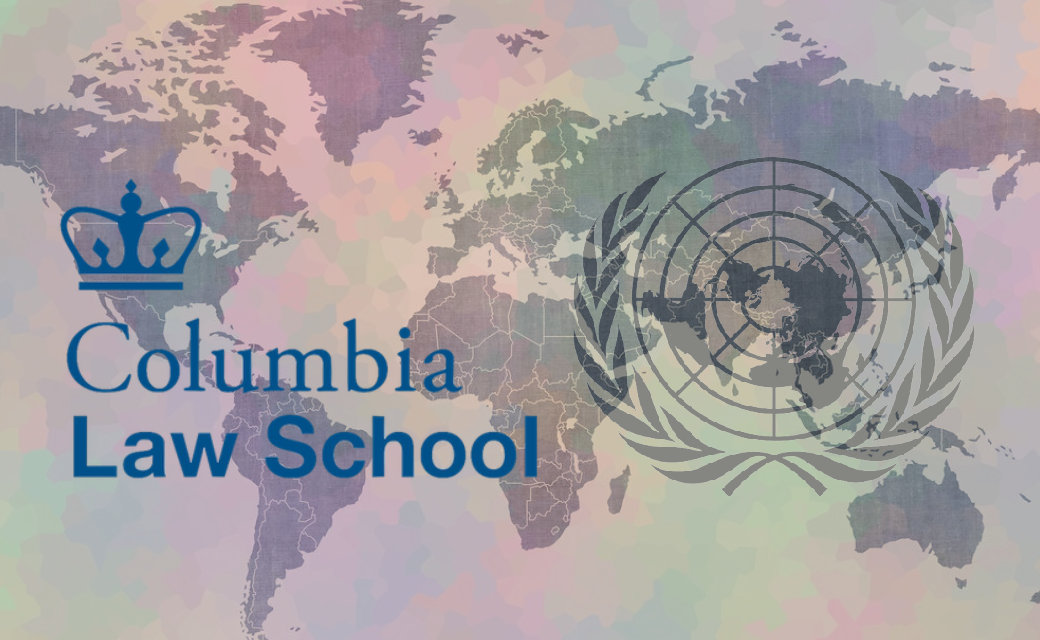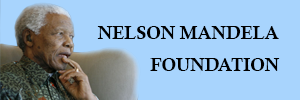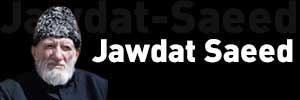Mediation and Human Rights
Freemuslim’s Director attends a joint event organized by the United Nations and the Columbia Law School. In this interactive meeting the importance of mediation was discussed and new mechanisms of achieving effective mediation were analyzed. Stated by the Columbia Law School; some key advantages of mediation are it can facilitate creative solutions through collaborative problem solving, it is less costly to implement and easier to access, and mediation can lay the groundwork for future and open the doors of dialogue. Some disadvantages of mediation is there might be a power imbalance, private settlements can take place behind closed doors, it is more time consuming, and often there are too many stakeholders involved or rarely no stakeholder.
Director of Freemuslim, Mr. Akhwand contributed to the meeting by emphasizing on the importance of customizing efforts and tailoring the initiatives to fit the societies they are meant for. Changes must come from within communities, countries and different regions. When changes are introduced from foreign countries its effectiveness is reduced to minimum. Mediation also requires a multilateral and unbiased approach if both parties desire to achieve tangible results. Parallel with the multilateral approach, it is important to have transparency in agendas for the mediation covered by unbiased media outlets so both parties and their affiliates can easily follow the changes, understand what is at stake, and how the progress is going.
Freemuslim believes in the effectiveness of mediation as it prevents future conflicts and requests countries to facilitate platforms for people to raise topics that concern them in order for it to be discussed and analyzed to achieve common grounds. Citizens of each country are the best and most effective contributors to positive and constructive change and their direct and proactive involvement can lead to faster and more effective resolution.











